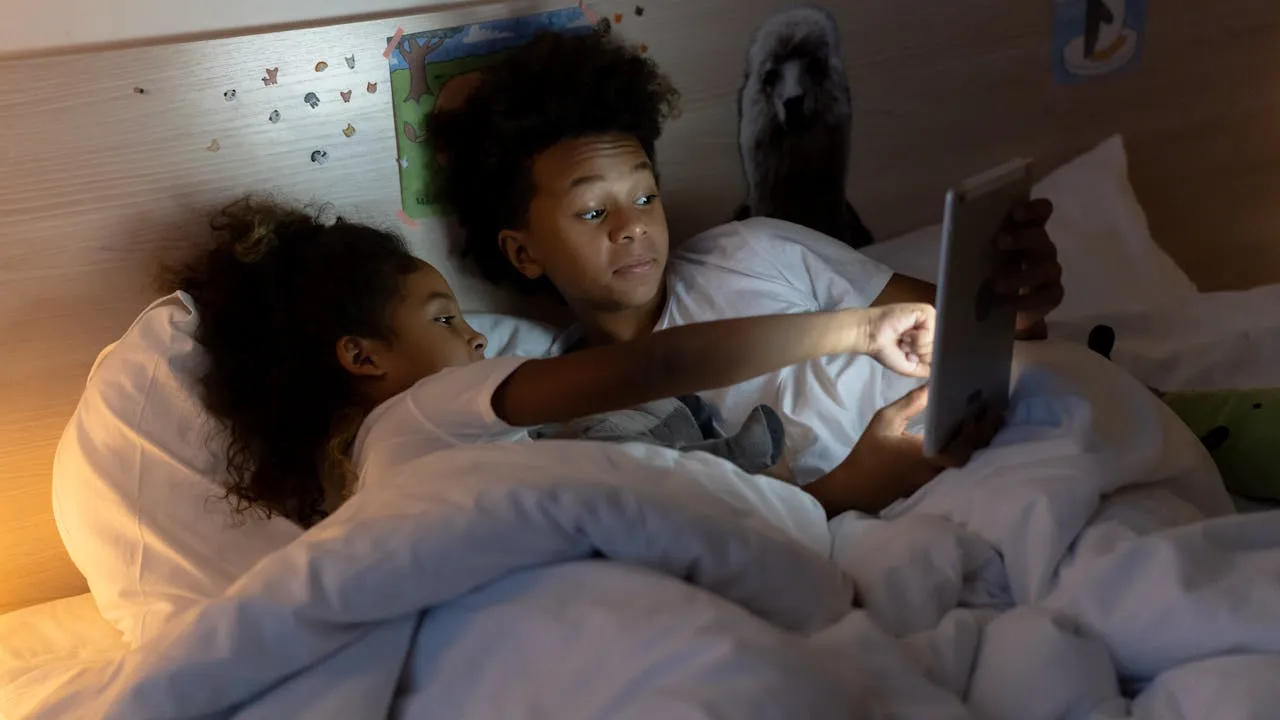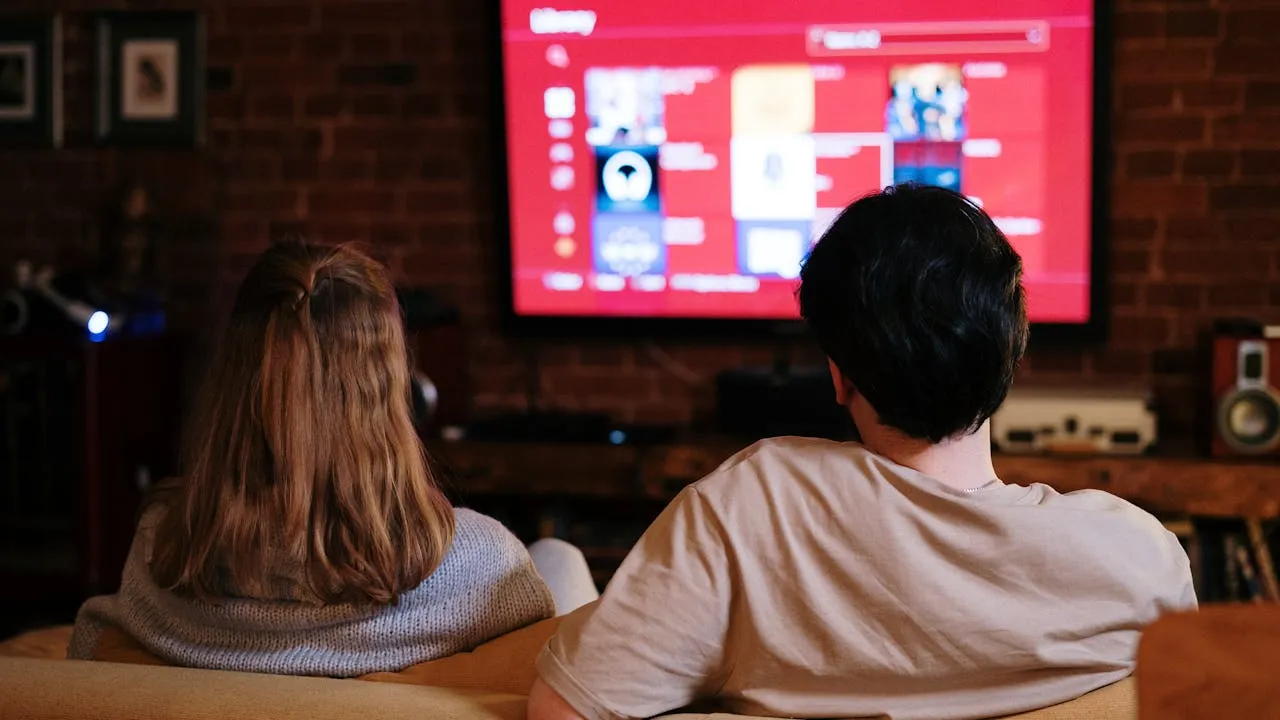After a hectic day, many people find solace in winding down by watching TV at night. Be that as it may, this innocuous propensity might be unfavourable to your sleep quality. Blue light from television screens, which can disrupt the body’s natural circadian rhythm, is a significant concern. Blue light stifles the development of melatonin, the chemical responsible for managing rest. When melatonin levels are decreased, it becomes more enthusiastic to nod off, bringing about a postponed sleep beginning and more limited, generally speaking, rest length.
Watching TV at Night Disturbs Sleep

Don’t Miss 5 Protein Sources for Vegans’ Muscle Growth
Besides, the substance you watch plays a critical part in rest disturbance. Intense or engaging shows can keep your mind active and alert, preventing you from effectively winding down. This psychological feeling increments adrenaline levels, making it try to change into a peaceful state. Even programs that seem to be harmless can sometimes cause stress or anxiety, which makes it harder to relax and fall asleep. This can result in an unhealthy sleeping pattern where you need more time spent in front of a screen to relax, further disrupting your sleeping pattern.
1. Architecture of Sleep
The effect of watching TV at night relates to adjusting sleep architecture and the design of the different rest stages. Blue light openness and mental feeling can influence the time spent in each rest stage, especially REM (fast eye development) rest, which is critical for mental capabilities like memory combination and close-to-home guidelines. Disturbed sleep architecture can bring about feelings of not being so refreshed but rather more exhausted, regardless of whether the complete rest span seems adequate.

2. Disturb Your Circadian Rhythm
Watching TV at night can upset your body’s internal clock, known as the circadian beat. This mood manages your sleep-wake cycle and depends on normal light signs. The blue light radiated by television screens emulates sunshine, fooling your cerebrum into remaining conscious. Melatonin, the hormone that tells your body to get ready for sleep, isn’t made by this light. Thus, your body stays in a condition of sharpness, postponing the beginning of rest and prompting decreased generally speaking rest span and quality.
3. Anxiety and Stress
Television content can profoundly affect your emotional state. Shows that are frightening, violent, or suspenseful can elicit strong emotional responses, which can raise levels of stress and anxiety right before going to bed. Due to these heightened emotional states, which are not conducive to relaxation, you may have difficulty falling and staying asleep. This can bring about divided rest and bad dreams, further influencing the nature of your rest.

4. Makes a Reliance on television for Sleep
Watching TV at night to help you fall asleep can lead to a dependency, where you feel like you can’t sleep without it. This reliance upsets your normal rest patterns and complicates establishing a sound sleep schedule. Over the long term, you could require more screen time to accomplish a similar degree of relaxation, prompting delayed openness to blue light and further interruptions to your rest cycle.
5. Reduces Total Sleep Time
If you binge-watch episodes or stay up late to watch a movie, watching TV at night can easily extend your wake-up time. This decreases the aggregate sum of rest you get, which is fundamental for your well-being and prosperity. Ongoing lack of sleep from decreased rest span can prompt various medical conditions, including impeded mental capability, temperament issues, weight gain, and a debilitated insusceptible system.

6. Overstimulates Your Thoughts
Television programs, particularly those with activity-pressed or sincerely charged content, keep your psyche drawn in and alert. This uplifted mental excitement can keep your brain from slowing down and progressing into a peaceful state. The shows of watching TV at night draw in your brain enough to impede your capacity to nod off rapidly. You may not get the time you need to sleep soundly and deeply if you put off falling asleep.

Watching TV at night can disturb your sleep in many ways. The blue light from television screens can disturb your body’s regular rest wake cycle by smothering melatonin creation, making it harder to nod off. While emotionally charged shows can make you anxious and stressed out, engaging content prevents you from going to sleep and keeps your brain active. Even if you think you have gotten enough sleep, this disruption can make you feel tired and less rested. Do screen exercises like perusing, thinking, or paying attention to mitigating music to develop your sleep quality further. This can assist you with making a more peaceful sleep time routine and advance better rest and well-being.
To get more of our exclusive content on Health Care and Lifestyle. Follow us on YouTube and Instagram.





